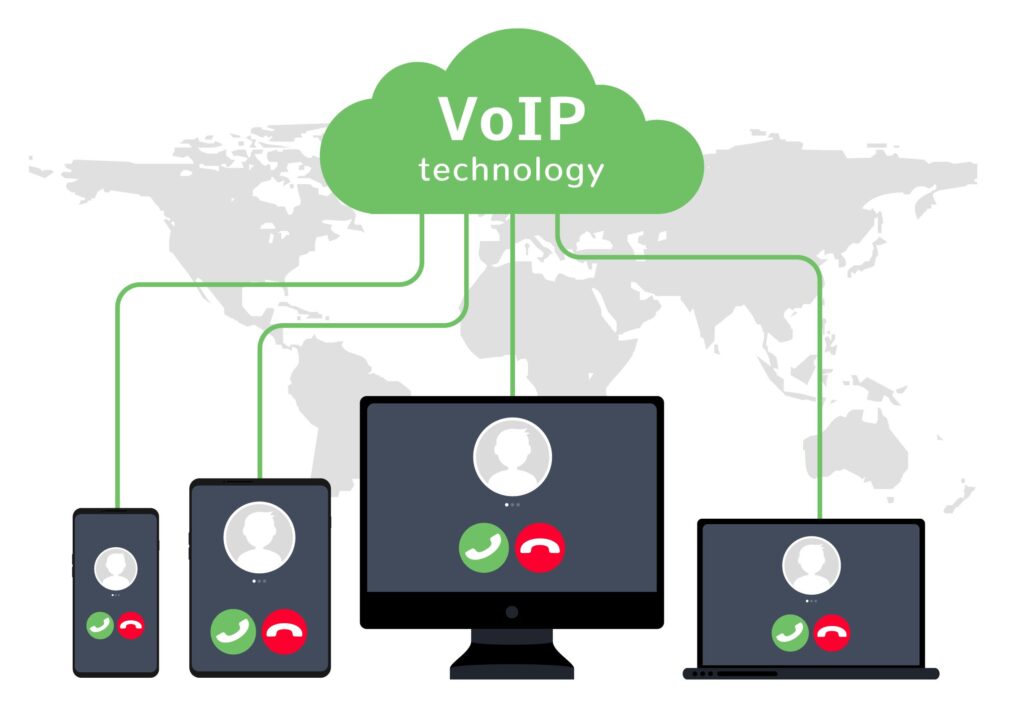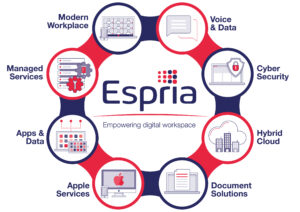Many businesses have harnessed the operational power that combining VoIP (Voice over Internet Protocol) and Unified Communications provides in terms of collaboration in today’s evolving workforce. Team chat, video conferencing and file sharing are some of the benefits that Unified Communications provide, and by supporting that with a VoIP strategy provides businesses with ultimate flexibility and productivity.
VoIP has 3 potential ways to be implemented –
- On Premise
- Cloud
- Hybrid
Many larger businesses may use an on-premise structure because they have the space for a data centre and in-house teams able to manage VoIP and the security needed. However, SMBs often choose the cloud or hybrid model. Hybrid is a great way of harnessing the power of the cloud through the administration tools and remote-user benefits but also utilising your on-premise infrastructure. However, by moving directly to the cloud, you ultimately receive the full benefits and flexibility that the cloud provides.
Also, with the impending ISDN Switch Off, with businesses now being directly impacted by BT’s stop sell, the move to VoIP and cloud-based structures is becoming an increasing necessity.

There are some considerations however before selecting VoIP for your business:
- What are your business needs and budget?
- How will VoIP and Unified Communications improve your current business operations?
- Engage with a VoIP Provider that can support you in answering these questions and discovering what works for your business needs now and for the future.
Businesses are now moving towards a mobile first operation.
The pandemic has shown us that flexible working does not impact the performance of your business if your teams are supported with the right solutions to perform. It’s no longer a requirement to work out of an office and mobile users can now work wherever they can access the internet.
With this mobile first mindset in many businesses now, technology decisions are made based on how flexible employees needs can be met.
Cloud based VoIP systems are catered more to mobile working than hybrid as it is far more flexible and scalable and allows businesses to remain fluid for today’s workforce; however if you are not ready for that change a hybrid-based system may smooth the transition.
Perhaps you need some advice on implementing VoIP and Unified Communications?
Visit our website to find out more:
Unified Communications: https://www.espria.com/services/voice-and-networks/unified-communications/
VoIP: https://www.espria.com/services/voice-and-networks/
ISDN Switch Off: https://www.espria.com/services/voice-and-networks/

